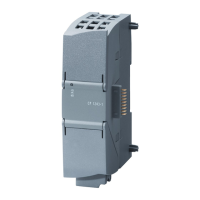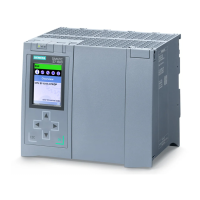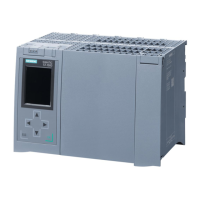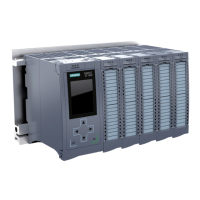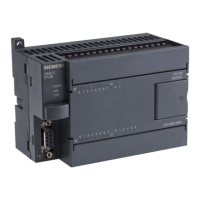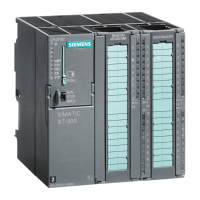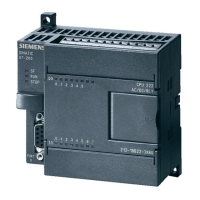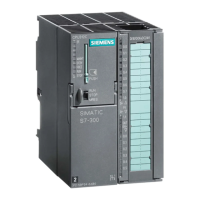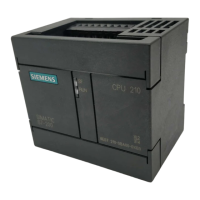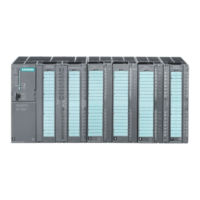Extended instructions
9.2 String and character
S7-1200 Programmable controller
358 System Manual, V4.2, 09/2016, A5E02486680-AK
Table 9- 37 Chars_TO_Strg instruction
Chars:=_variant_in_,
pChars:=_dint_in_,
Cnt:=_uint_in_,
Strg=>_string_out_);
All or part of an array of characters is copied to a string.
The output string must be declared before Chars_TO_Strg is
executed. The string is then overwritten by the
Chars_TO_Strg operation.
Strings of all supported maximum lengths (1..254) may be
used.
The string maximum length value is not changed by
Chars_TO_Strg operation. Copying from array to string stops
when the maximum string length is reached.
A nul character '$00' or 16#00 value in the character array
works as a delimiter and ends copying of characters into the
Table 9- 38 Data types for the parameters (Chars_TO_Strg)
Chars IN Variant The Chars parameter is a pointer to zero based array [0..n] of
characters to be converted into a string. The array can be de-
clared in a DB or as local variables in the block interface.
Example: "DB1".MyArray points to MyArray [0..10] of Char
pChars IN Dint Element number for the first character in the array to copy.
Array element [0] is the default value.
Count of characters to copy: 0 means all
Table 9- 39 ENO status
0 Chars_TO_Strg: Attempt to copy more character bytes to the output string than allowed by the maximum
length byte in the string declaration
Chars_TO_Strg: The nul character (16#00) value was found in the input character byte array.
0
Strg_TO_Chars: Attempt to copy more character bytes to the output array than are allowed by the element
number limit
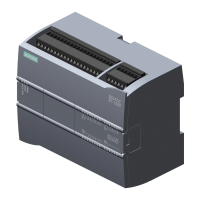
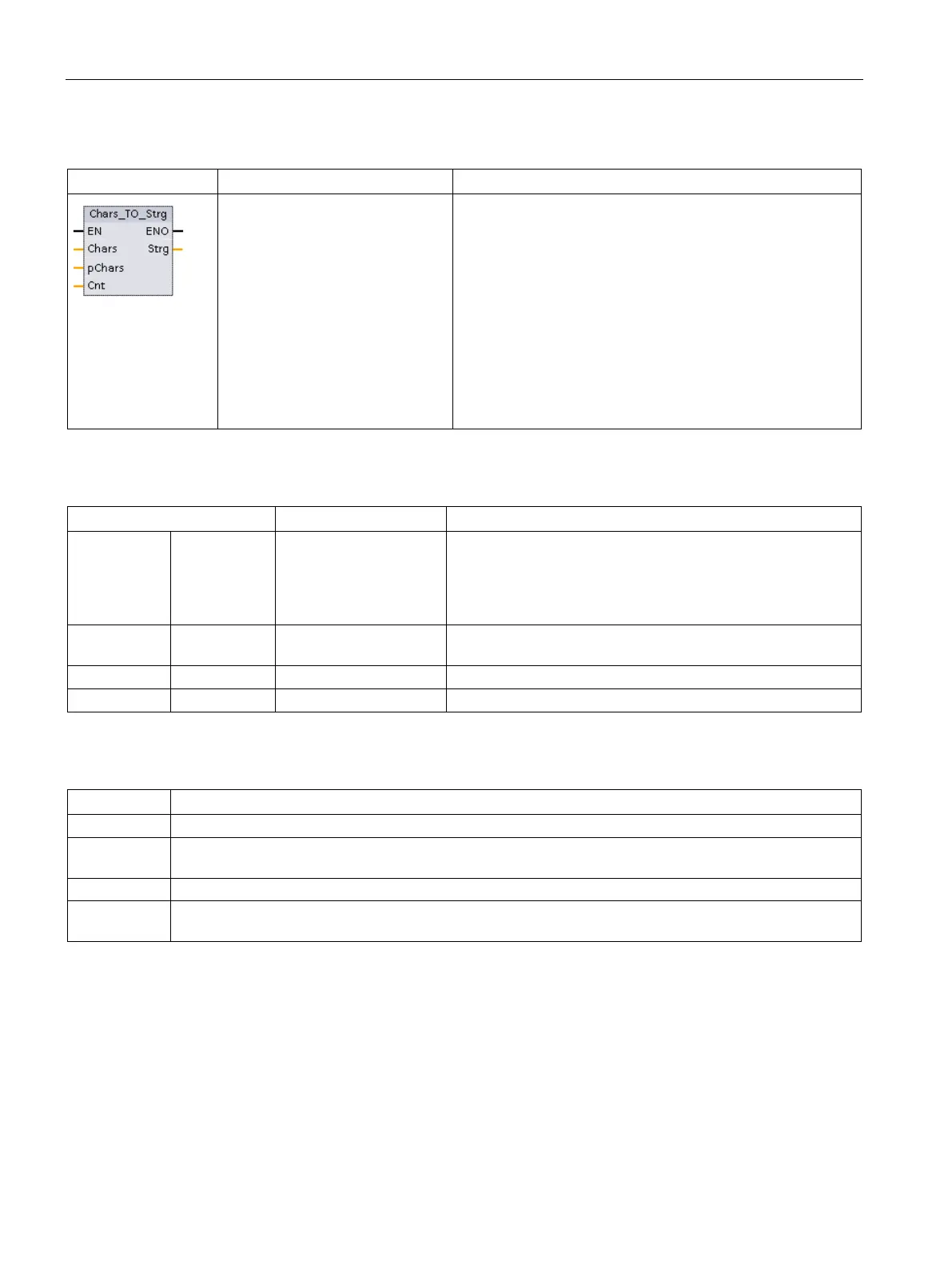